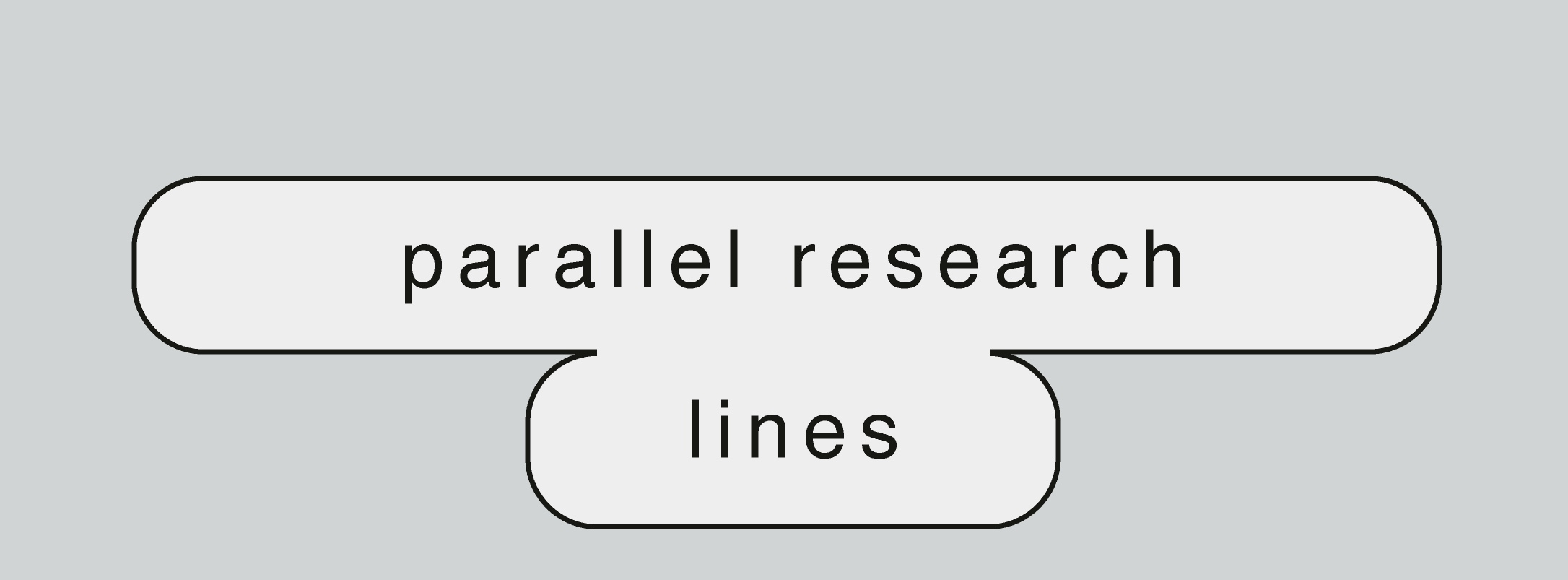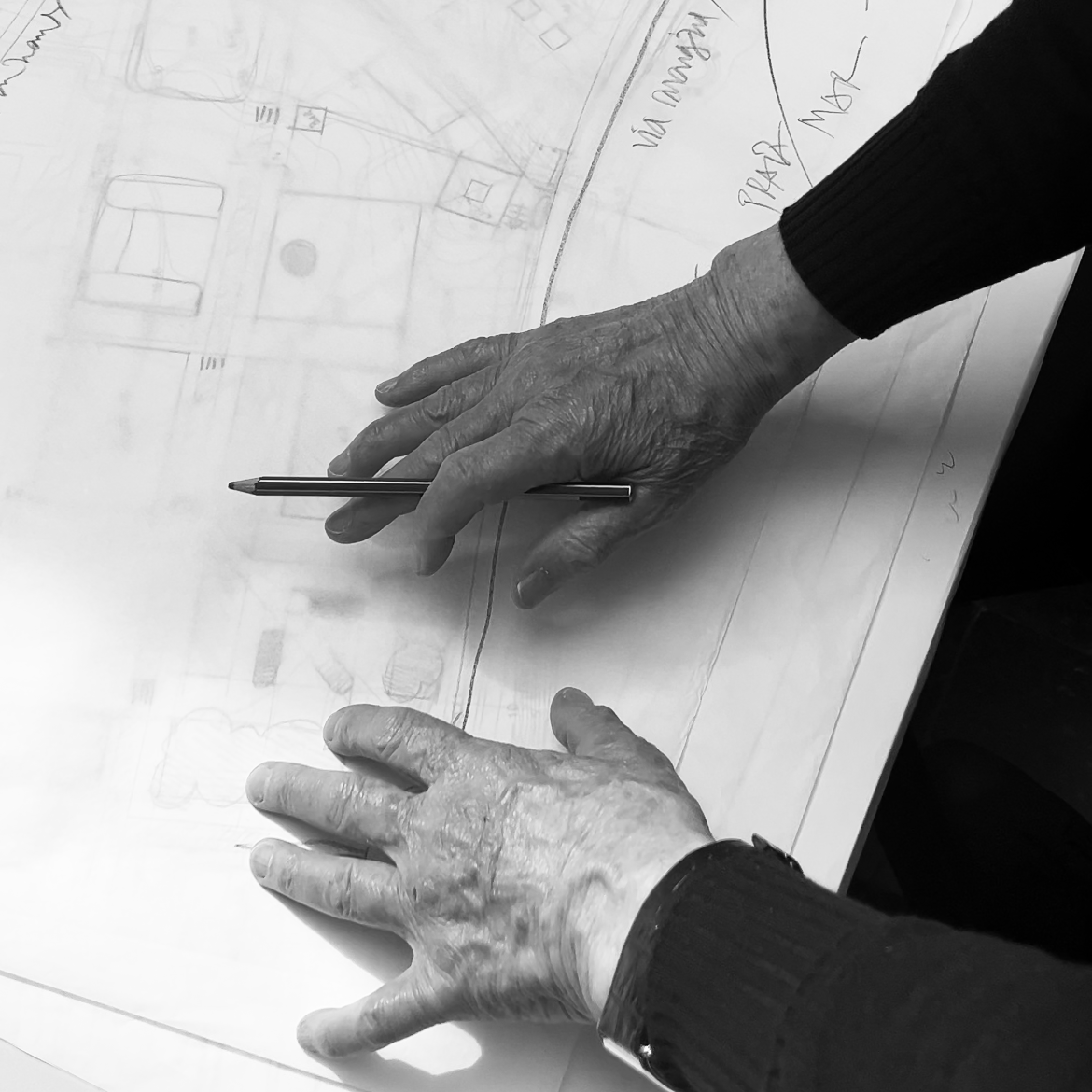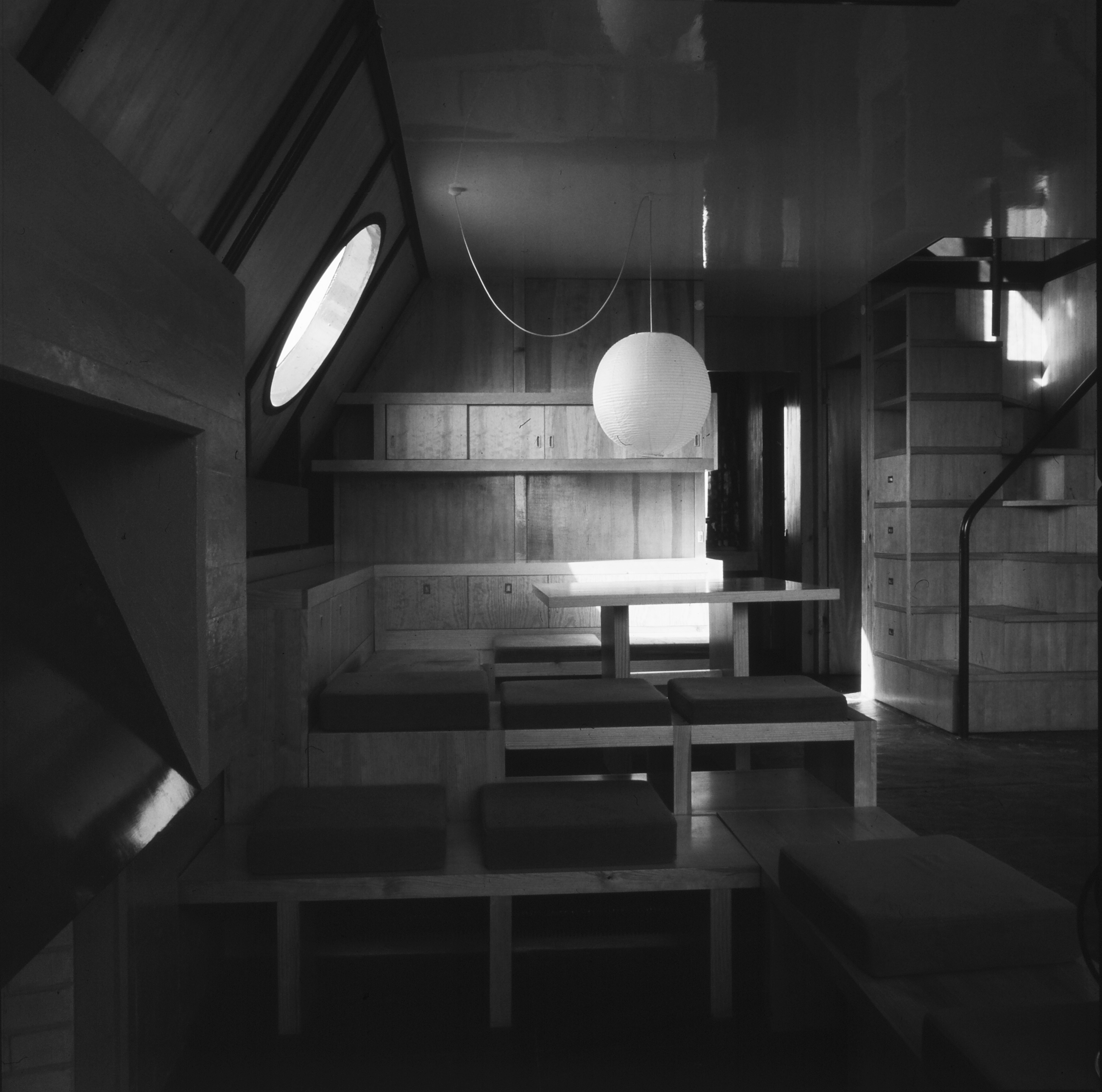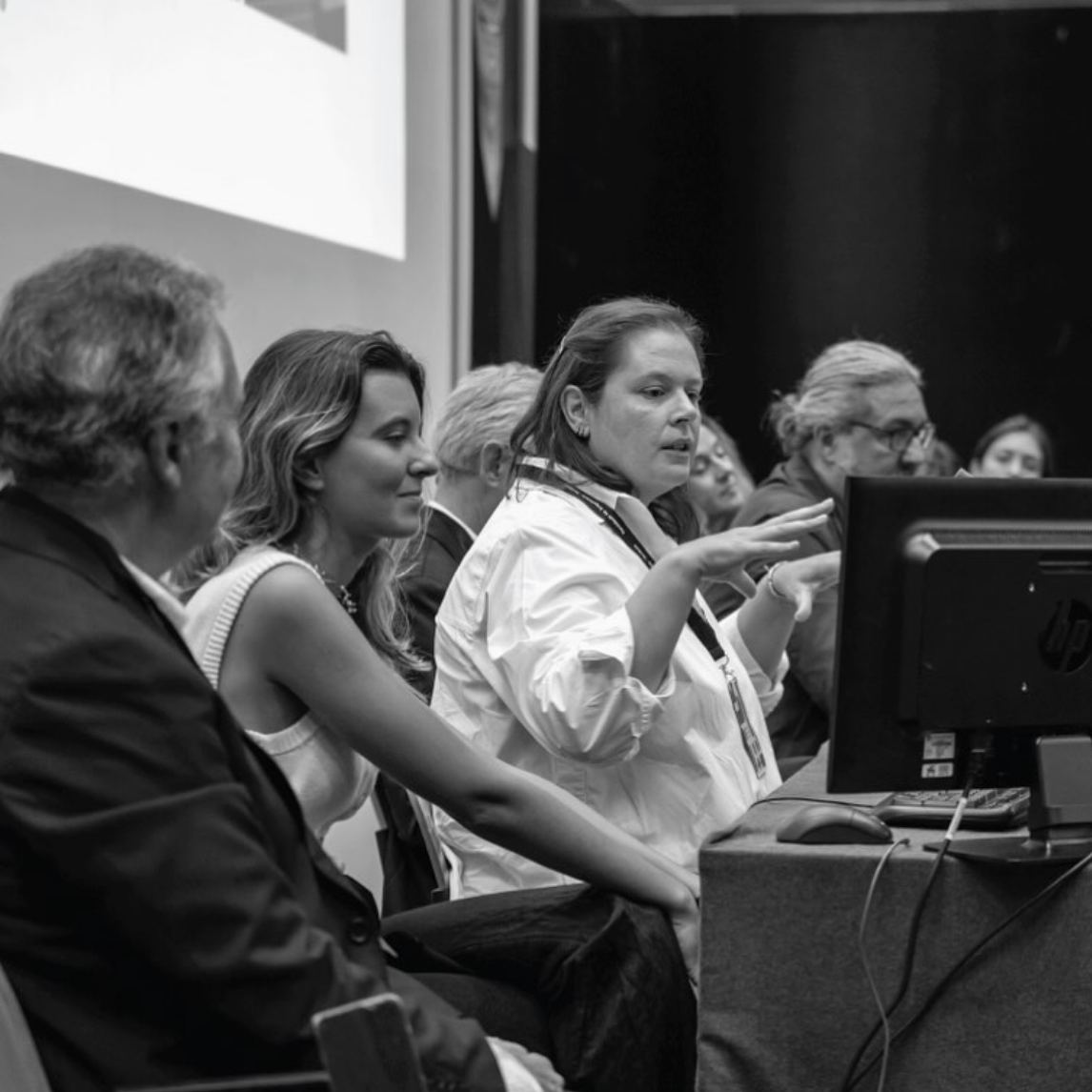the arch/ves
- Architecture, Urbanism and Design Archive of the Faculty of Architecture of the University of Lisbon (FA-ULisboa) - mission is to preserve, study, value and disseminate the documentary heritage of Portuguese Architecture, Urbanism and Design, from the 19th century to the present day, through a critical, transdisciplinary and socially committed approach. Developed around the triad - safeguarding - enhancement - accessibility - arch/ves is a platform for knowledge production, advanced training and pedagogical innovation, always based on preserving and enhancing the past as a platform for the future.
Assuming itself to be a living organism, arch/ves has two interdependent units: the Archive Unit, responsible for the technical-scientific treatment of the collections, and the Research Unit - por/arq (Por uma Memória Arquitetónica) (For an Architectural Memory) - dedicated to the development of historiographical methodologies, critical curatorships and applied research projects.
Anchored in international standards for collection, packaging, inventorying, cataloguing and archival description (ISAD-G, DACS), in the integral and personalized digitization of collections in high resolution and in the implementation of long-term preservation, conservation, recovery and digital promotion policies, transcends the classic conservative logic of the items it contains, assuming itself as a critical unit of knowledge, translating a research-oriented approach into pedagogical practice through scientific research, tapering the relationship between the raw material and the public that accesses it, boosting the production, circulation and reinvention of knowledge.
Thus, this methodology makes it possible, on the one hand, to carry out rigorous technical analysis and consultation based on the demanding treatment of the funds with the respective applied research, but, on the other hand, and above all, to add innovative exploratory and educational proposals, mediation practices that involve diverse audiences and communities of broad interests, adding to them curatorial interpretations that reveal their central role.
This integrated structure allows arch/ves to assert itself as a device for transformation, mobilizing heritage as an epistemological tool and catalyst for reflection on practices and processes, in a pedagogical, cultural and civic metamorphosis of its areas, between memory and the culture in which they are inserted.





